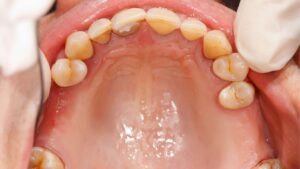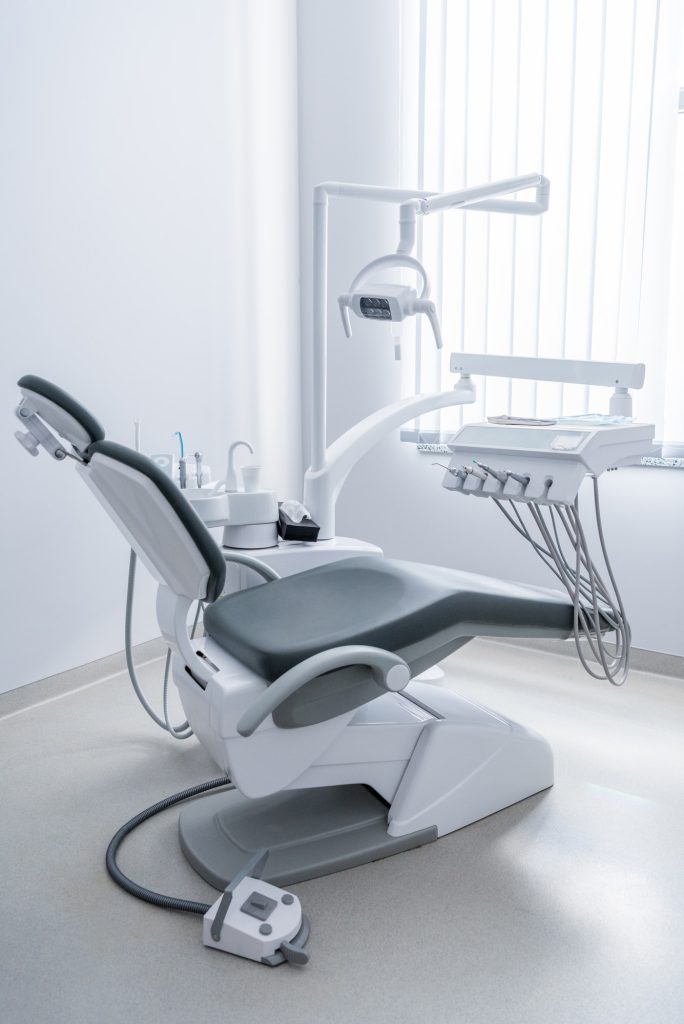As we age, it’s not uncommon to experience tooth loss or damage. For seniors, restoring teeth can be a crucial step in improving both appearance and quality of life. Dental implants, a permanent solution for missing teeth, are now accessible to people of all ages—including older adults. At Radiant Smiles Dental Bundoora, we often get asked, “Is it too late for seniors to get dental implants?” The short answer is no! We will explore how dental implants can benefit seniors, whether age is a limiting factor, and why they might be the right choice for restoring your smile and function.
What Are Dental Implants?
Dental implants are artificial tooth roots made from biocompatible materials like titanium. They are surgically placed into the jawbone to support prosthetic teeth, such as crowns, bridges, or dentures. Unlike dentures, which can slip or require adhesives, dental implants offer a permanent, stable solution that feels and functions just like natural teeth.
Are Dental Implants Safe for Seniors?
Dental implants are a safe and effective treatment for seniors, but there are a few important considerations. Age alone isn’t a barrier to receiving implants. What matters most is your overall health, bone density, and oral health. A thorough consultation with your dentist will help determine if you’re a suitable candidate for dental implants.
Bone Density and Health
As we age, bone density may decrease, which can affect the stability of dental implants. However, advancements in implant technology and bone regeneration techniques can overcome these challenges. For seniors with reduced bone density, procedures like bone grafting or the use of mini implants can help ensure a secure fit for the implants.
Why Seniors Should Consider Dental Implants
Dental implants offer a host of benefits that make them a great option for seniors:
Improved Function and Comfort
Unlike dentures, which can sometimes shift or become uncomfortable, dental implants provide a stable, fixed solution. With implants, you can eat, speak, and smile with confidence, without worrying about your teeth moving around. This can be especially important for seniors who want to continue enjoying their favourite foods.
Preservation of Bone Health
Dental implants stimulate the jawbone, preventing further bone loss, which often occurs after tooth loss. Without tooth roots, the jawbone can deteriorate over time, leading to changes in facial appearance. Implants help preserve the structure of the jaw, keeping your face looking youthful and supporting your overall oral health.
Long-Lasting Solution
Dental implants are durable and, with proper care, can last for decades. Unlike dentures, which need to be replaced every few years, dental implants provide a long-term solution, offering great value for money in the long run.
What to Expect During the Dental Implant Procedure
The dental implant process typically involves several steps, including:
- Initial Consultation: Your dentist will assess your oral health, discuss your medical history, and take X-rays to evaluate the condition of your jawbone.
- Implant Placement: The titanium implants are placed into the jawbone during a minor surgical procedure. Local anaesthesia is used to ensure comfort.
- Healing Time: The implants need time to fuse with the jawbone, a process called osseointegration. This typically takes a few months.
- Placement of Prosthetic Teeth: Once healing is complete, your dentist will attach custom-made crowns, bridges, or dentures to the implants.
Can Seniors Benefit from Immediate Implants?
For some seniors, the option of immediate dental implants—often referred to as “same-day implants”—may be available. This allows the placement of both the implants and a temporary prosthesis in one visit. However, not everyone is suitable for this option. Your dentist will evaluate your bone density and overall health to determine if this approach is right for you.
Recovery and Aftercare for Seniors
The recovery process after dental implants is generally smooth, but it’s essential to follow aftercare instructions to ensure the success of your implants:
- Follow-up Visits: Regular check-ups are crucial for monitoring the healing process and ensuring that the implants are integrating properly.
- Oral Hygiene: Maintain a good oral hygiene routine by brushing, flossing, and visiting your dentist for cleanings to prevent infection.
- Diet: Stick to soft foods for the first few weeks after the procedure, and avoid hard or chewy foods that could affect the healing process.
Ideal Candidates for Dental Implants
Dental implants for seniors can be a great solution, but there are some factors that may make someone more suitable for this procedure:
- Healthy Gums and Teeth: Good oral health is essential for successful implant placement.
- Adequate Bone Density: If you’ve experienced bone loss, procedures like bone grafting can help restore the bone structure necessary for implant placement.
- Good Overall Health: Any chronic medical conditions, such as diabetes or heart disease, should be well-managed to avoid complications during healing.
Conclusion: Is It Too Late for Seniors to Get Teeth Implants?
It’s never too late for seniors to get dental implants as long as they meet the necessary health criteria. Dental implants can dramatically improve your quality of life by restoring function, appearance, and confidence. At Radiant Smiles Dental Bundoora, we’re dedicated to helping seniors achieve the smile they deserve with safe, effective dental implant solutions. If you’re a senior considering dental implants, schedule a consultation today at our Bundoora dental clinic to discuss your options and find out if dental implants are the right solution for you.
FAQs About Dental Implants For Older Adults
- Are dental implants more expensive for seniors?The cost of dental implants does not significantly differ based on age, but the overall treatment cost can vary depending on the complexity of the case and the need for additional procedures, such as bone grafting.
- How long does the recovery process take for seniors?
The recovery process can take a few months, as the implants need to integrate with the jawbone. Most seniors find the process manageable with proper aftercare. - Can seniors with existing dentures get dental implants?Yes, seniors who wear dentures can transition to dental implants for a more permanent and comfortable solution. In some cases, implants can be placed to support existing dentures, improving their stability.
- Are dental implants a good option for seniors with osteoporosis?Seniors with osteoporosis may still be candidates for dental implants, but bone density will be assessed before the procedure. If necessary, bone grafting can be performed to ensure implant stability.
- Do dental implants require special care for seniors?No special care is required, but maintaining good oral hygiene and regular dental check-ups is essential to ensure the success and longevity of the implants.










